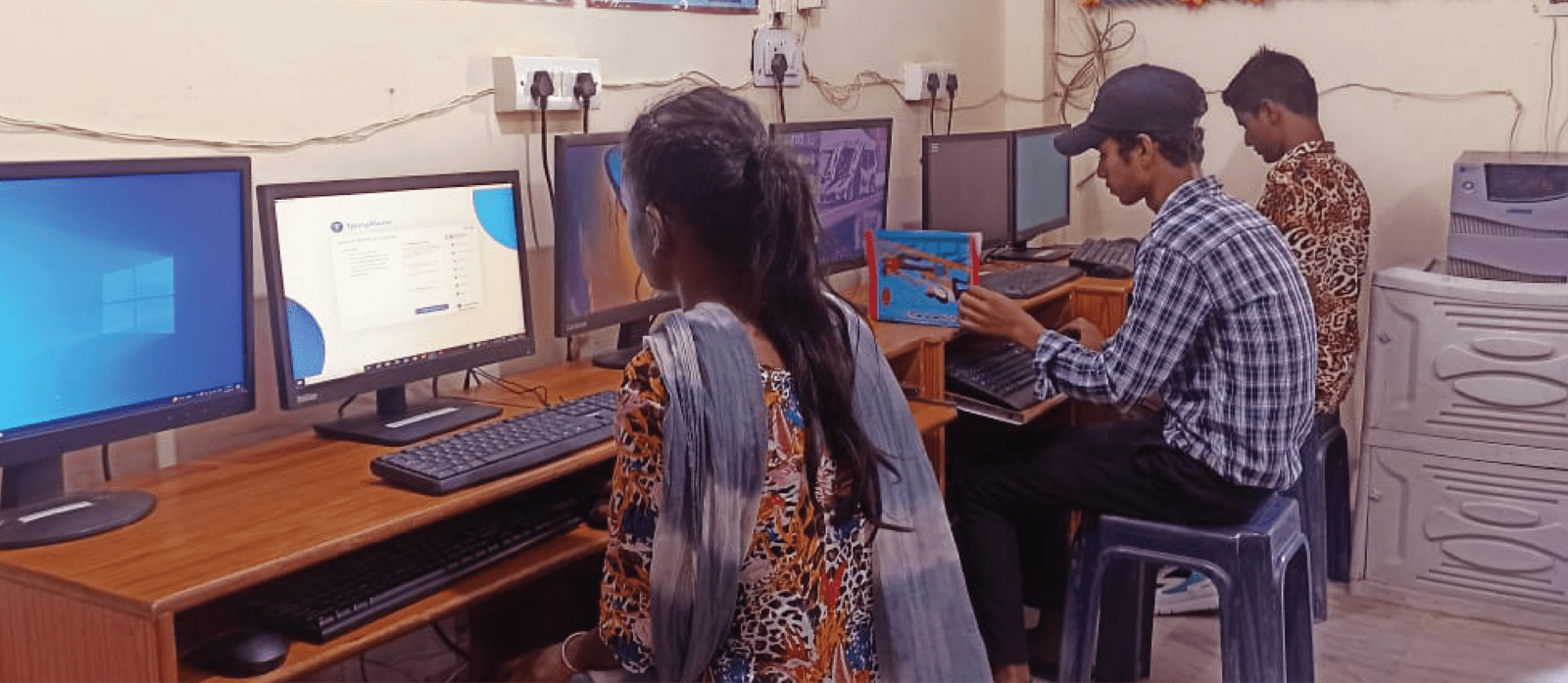See what you can switch on, when the screen is off.
With this piercing tag line, ad agency Lowe, created a thought-provoking campaign for UNICEF. Titled “Violin, Kids, Family”, this print campaign urges viewers to look at the life and memories awaiting to be lived and created with the TV turned off. Following on the heels of a statistic that revealed Indonesian children spent close to 5 hours every day spent watching television, which in 2010 was more than twice the maximum duration of recommended TV watching.
The commercial, although intended to promote healthier television-watching among children, does give food for thought about all the life skills that children and parents forego in the lure of easy entertainment. For urban children, this comes in the form of television and mobile phones. For children from lesser privileged backgrounds, easy entertainment can take numerous frightening shapes and forms.
Time Away from Learning Spent in Wasted Endeavours
Bunking school and loitering in the vicinity, a recurring activity seen as a source of easy entertainment among children from urban slums, may seem harmless. However, this aimless loitering soon builds into larger issues such as dropping out of school, travelling in busy trains/buses unattended and exposed to risky scenarios. Most importantly, though, adolescent children’s misplaced enthusiasm and energy leads irretrievable loss of time that could have contributed to making them skilled.
From the perspective of reducing un- and underemployment, upskilling the youth remains a priority for many nations. Skilled youth can partake in job opportunities and not only improve their own standard of living, but also lend a helping hand towards bettering a country’s economy.
Upskilling—The Need of the Hour
Realizing the dire need of skill development among children in 7 urban slums of Delhi and Ghaziabad, Railway Children India established Child Activity Centers (CACs) within the communities. To begin with these CACs were seen as safe havens where children could spend time when their parents were away, soon, however, these spaces grew into learning and development hubs.
Held within and grown from these CACs are a series of activities that stimulate minds of children to learn while the play.
Peer-Led Life Skill Training—A Fruitful, Sustainable Model in the Making
Following a peer-led approach, RCI began conducting life skills—training sessions in Tulsi Nagar, Daya Basti, Kishan Ganj, Valmiki Basti, Bicchal Dwar and Chand Mari communities. This unique approach involves identifying peer facilitators from the community and training them to positively influence and conduct training sessions with their peers.
To begin with, Know Yourself, Know Your Emotion, and Know Your Dream are some of the fundamental sessions that acquaint facilitators with their own strengths and goals. In the second phase of the training session, facilitators are guided on curating their training aids, planning a session and eventually conducting successful sessions for their peers.
This approach has displayed several benefits over the course of its implementation. Right from leadership and analytical skills among facilitators to communication and collaboration skills among their peers, peer-led life skills training is proving to strengthen the bond among a community’s youth and help each of them realize their true potential.
An inspiring, heartwarming and impressionable outcome of peer-led life skills training is seen in a recent development in Bicchal Dwar, Ghaziabad. Peer leaders, i.e., adolescent boys and girls of the community, noticed that the women of the basti were eager to learn more. They were illiterate, but showed willingness towards learning basic linguistic and arithmetic skills. Now equipped with leadership skills, a group of adolescent boys and girls took ownership of this concern and volunteered to teach a motlety group of mothers. These small but impactful learning sessions are being conducted in the CAC of the community, further proving testament to the fact that the space is evolving into a hub of growth and development for all.
Computer Training Shows Transformative Changes
In Valmiki Nagar and Bicchal Dwar communities, computer training is gaining popularity among adolescents and youth alike. While young boys and girls are feeding their fascination with the basics of computer, youth in their late teens are being enrolled in vocational training of computer hardware repair.
Learning this skill is showing increased confidence in the recipients, as their young minds have identified the need of being skilled.
Karate Training Shines as a Ray of Hope
After parents of some communities approached RCI’s members with a request of adding another meaningful activity to their children’s lives, RCI initiated karate training.
A mix of both school-going and those who don’t, attend Karate classes after having replaced their evening shenanigans with meaningful learning. Adolescent boys, who often lack an inspiring male role model in their lives, found a veritable source of knowledge in their master. They are often found asking questions about bettering themselves in Karate and the scope of becoming a karate trainer themselves.
When the concept of self-defence classes was first pitched to parents in communities, though, parents of young girls showed some hesitancy. “Ladkiyon ke liye kahan karate classes! Kuch aur nahi kar sakte? (Karate classes don’t make sense for young girls. Can’t we look for other classes for them?)
Our team then put special efforts in conveying the importance of self defence classes in the lives of girls. “Self defence is a life skill that has no concern with gender. In fact, girls were only set to benefit from the added skill,” elaborates Program Manager, RCI.
Turns out the trust that community members held in our team and team members’ persuasive words helped drive the point home, as the present batch of learners comprise more number of girls than boys!





